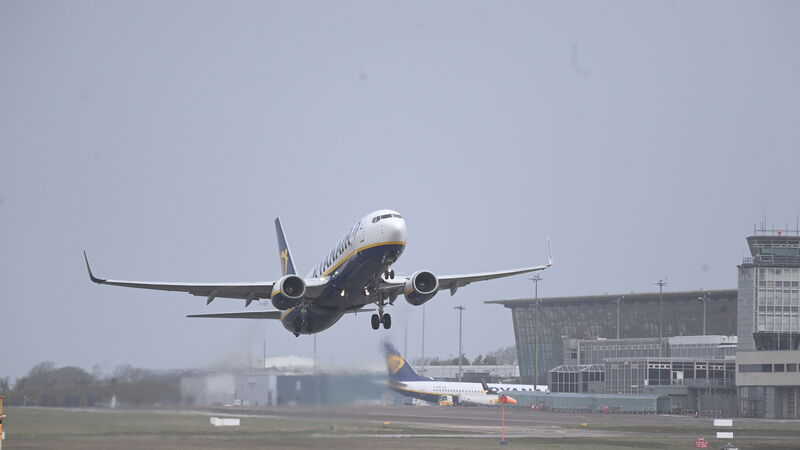Eoghan O'Mara Walsh: A national policy on tourism is overdue

"We must maximise the under-utilisation of Cork and Shannon airports," writes Mr O'Mara Walsh. Picture: Larry Cummins
Now that St Patrick’s Day and Easter are behind us, we are heading into the traditional tourism season — Ireland’s largest indigenous industry and biggest regional employer is hopeful of a prosperous year, but regrettably circumstances seem to be conspiring against that outcome.
Some of those circumstances are of the government’s own-making and therefore the good news is that it is within their gift of resolving.











